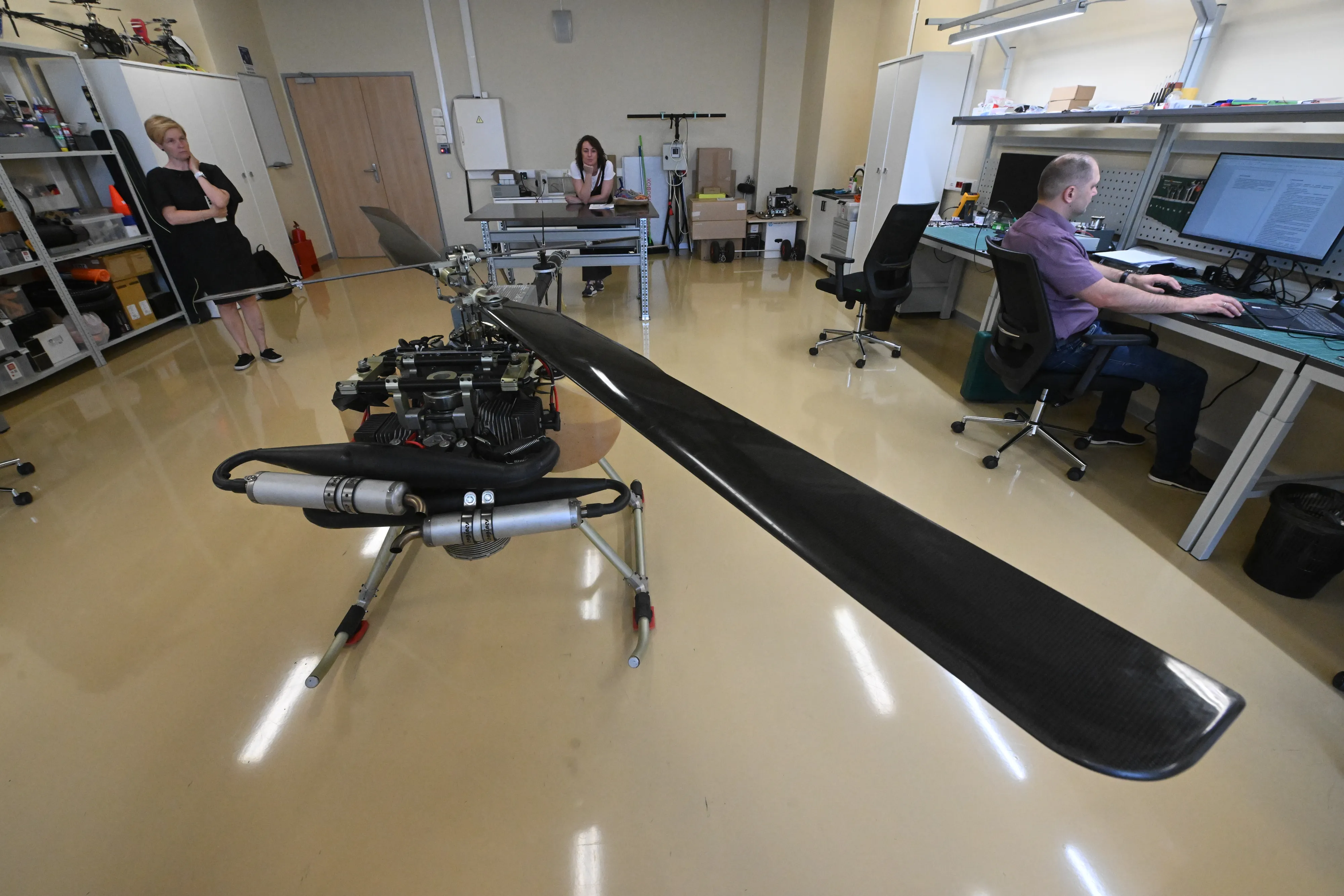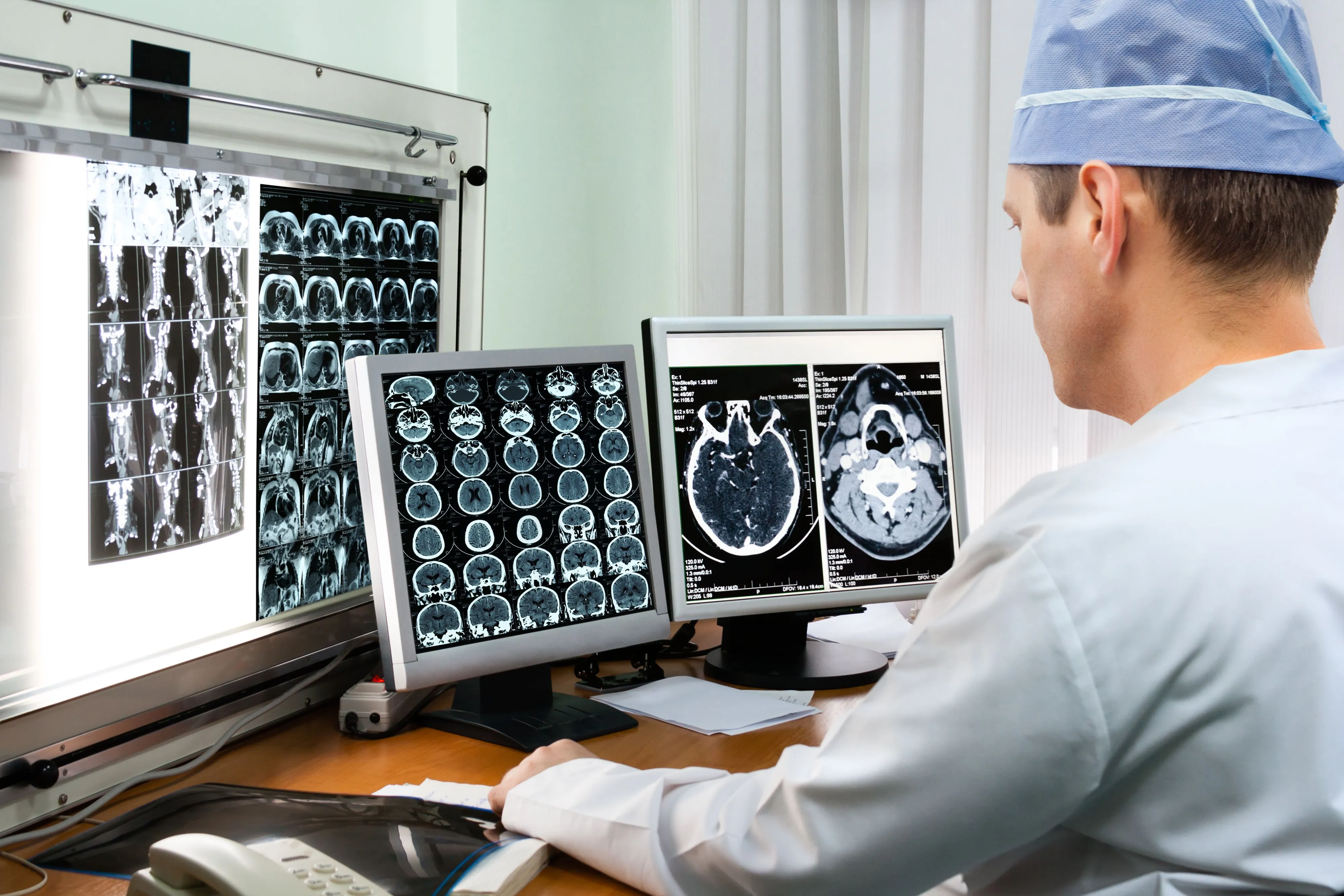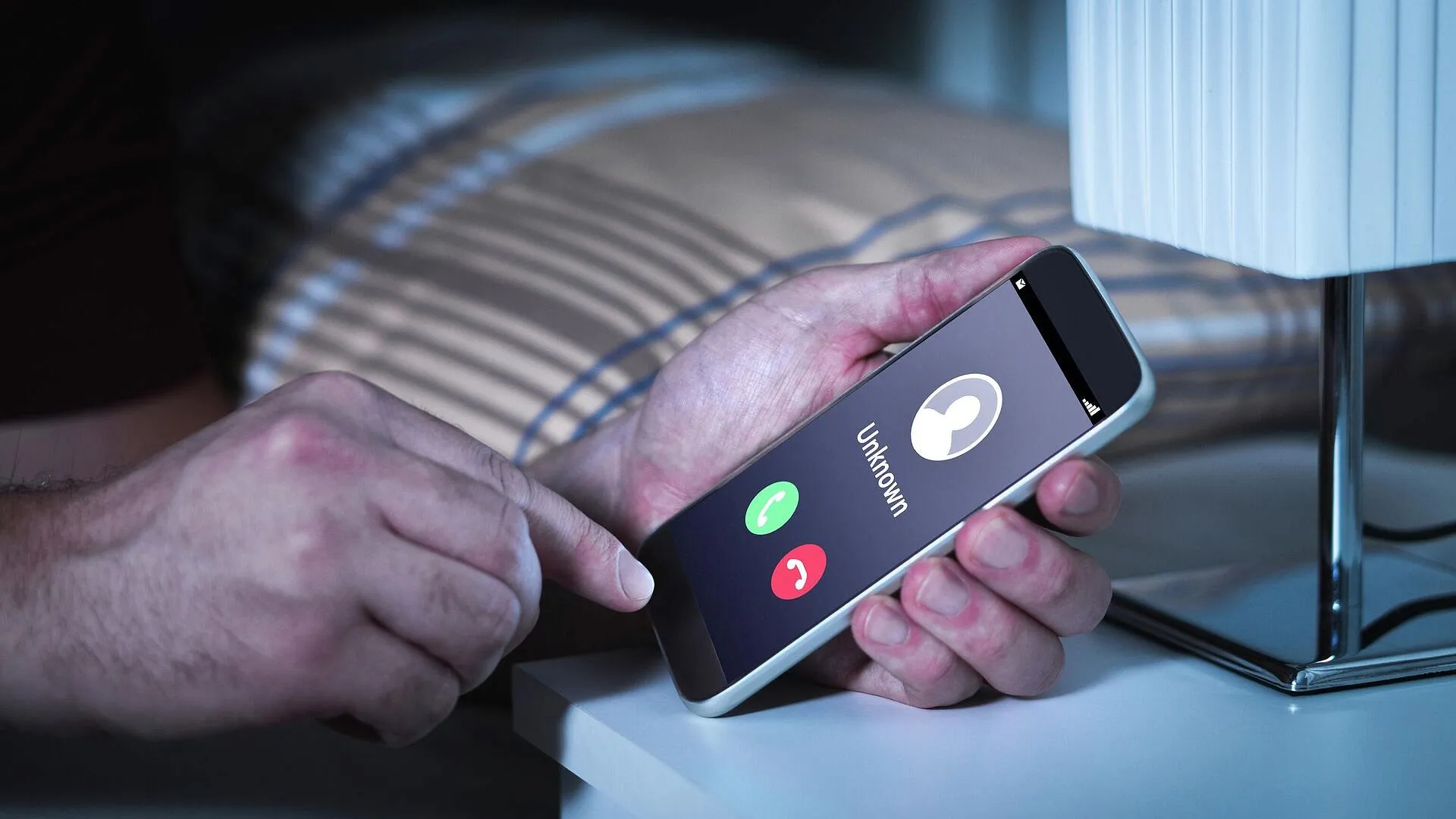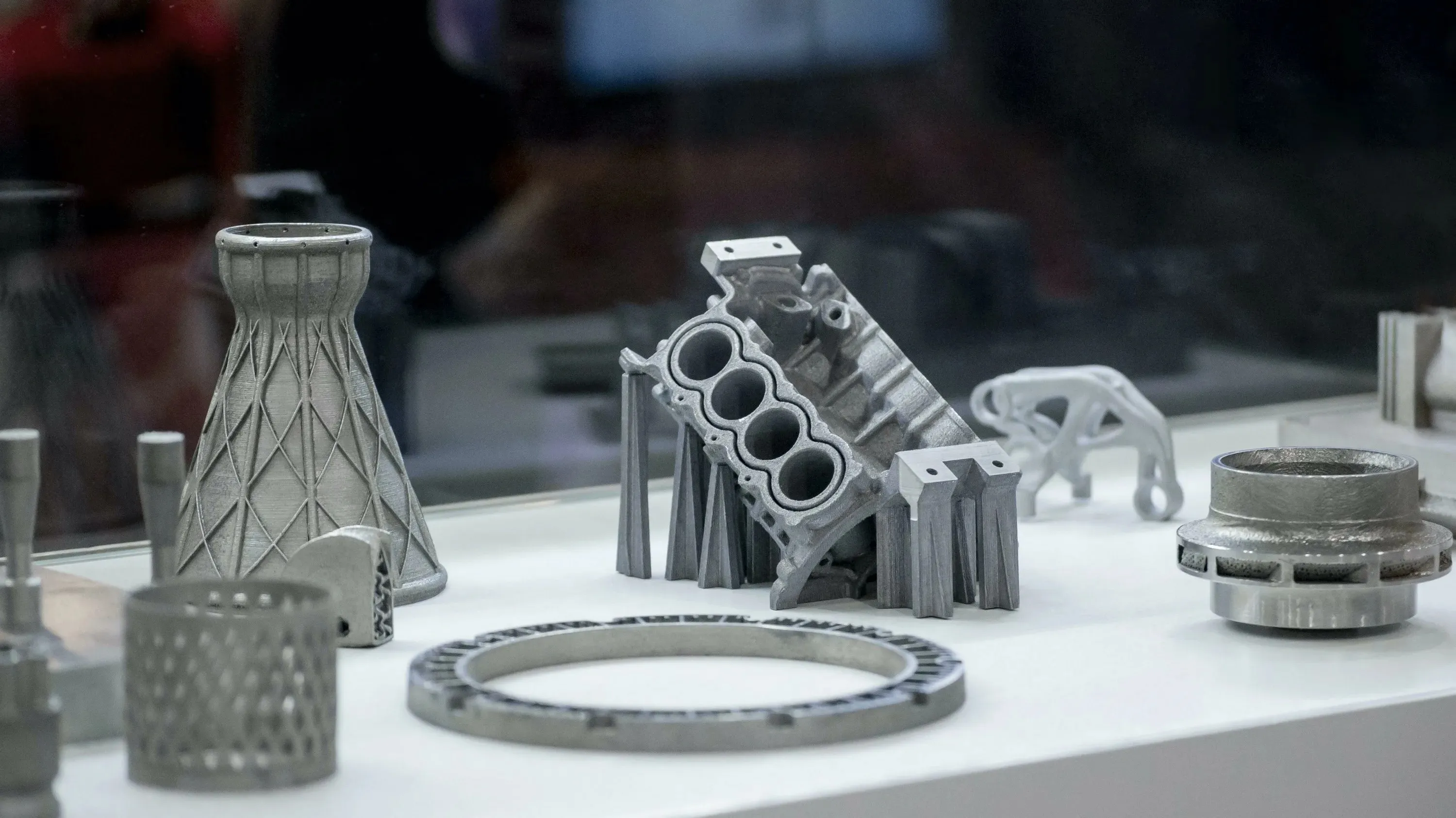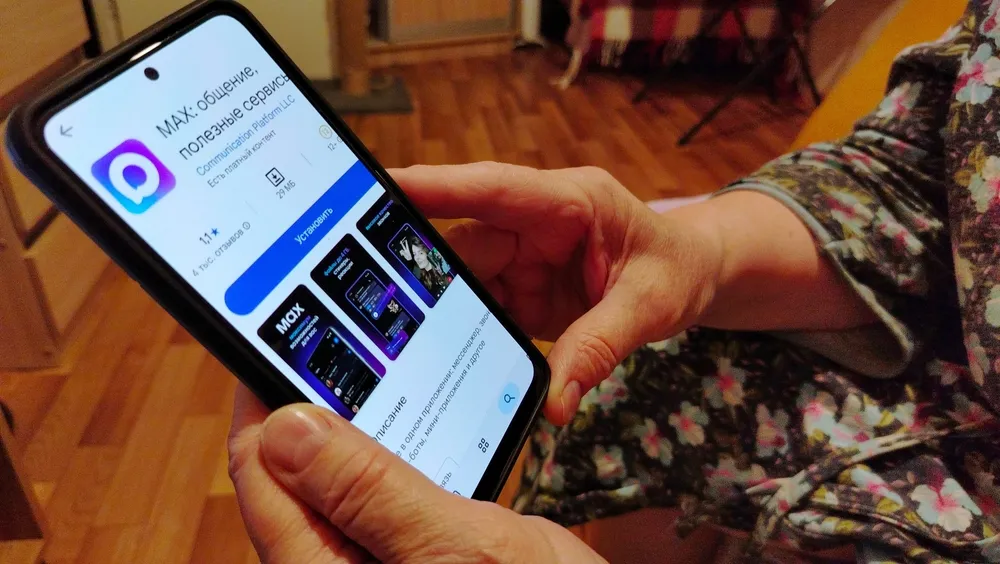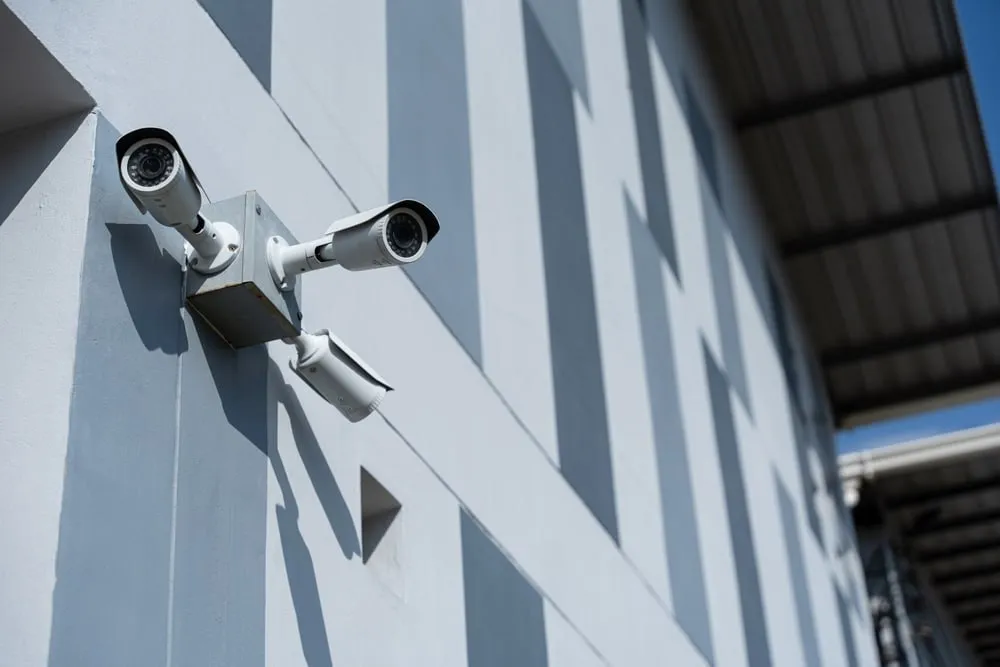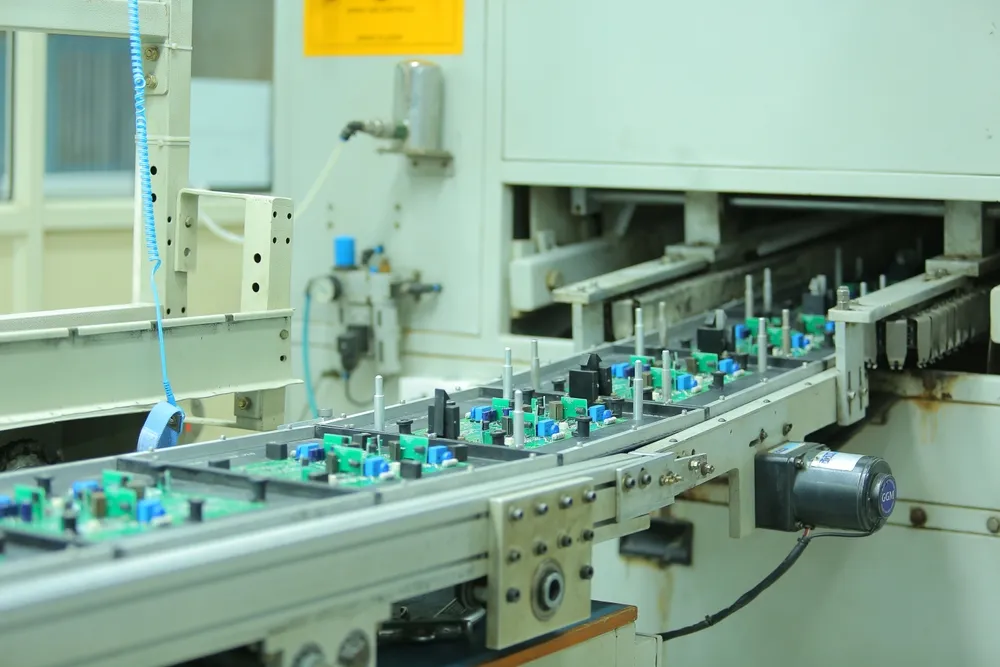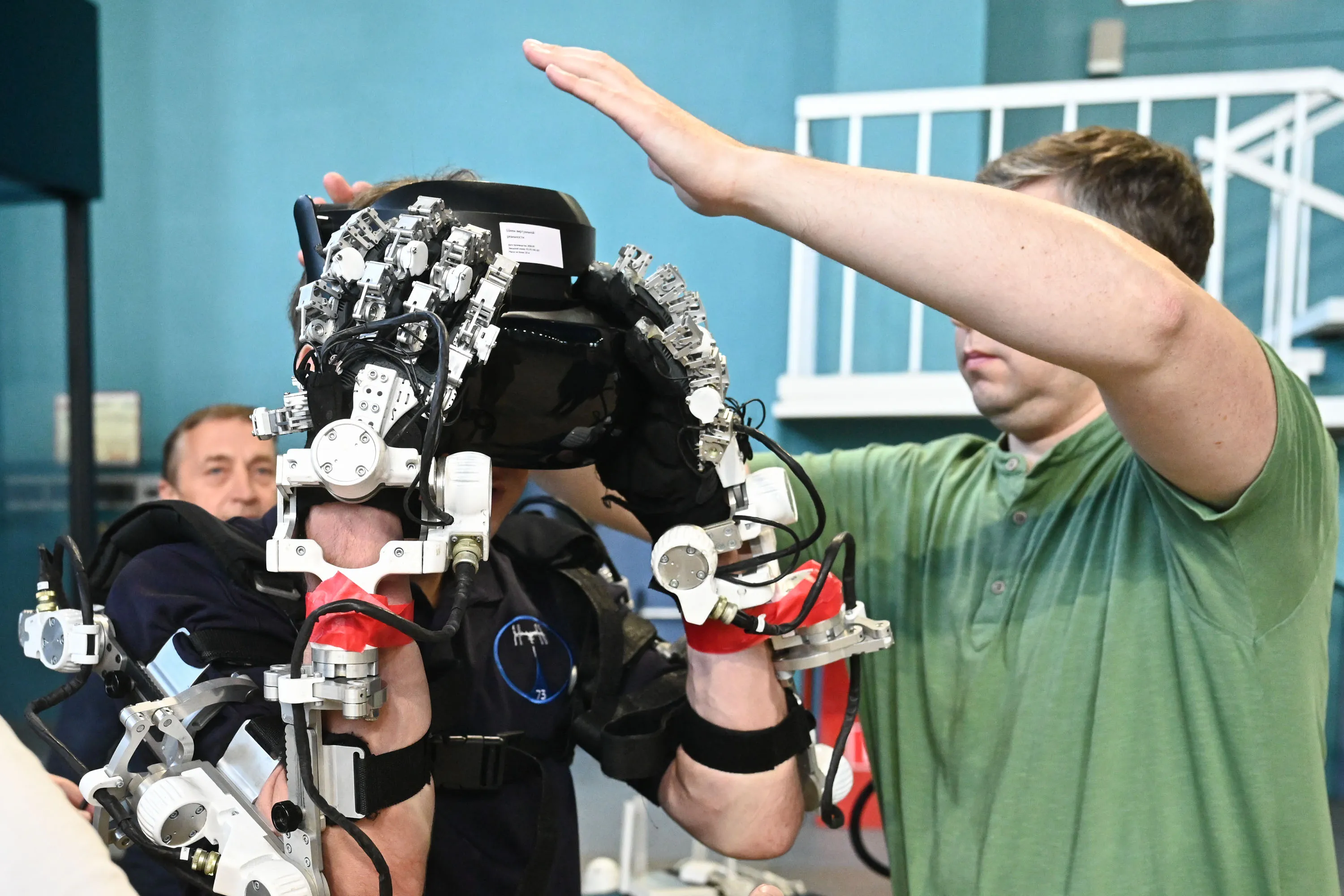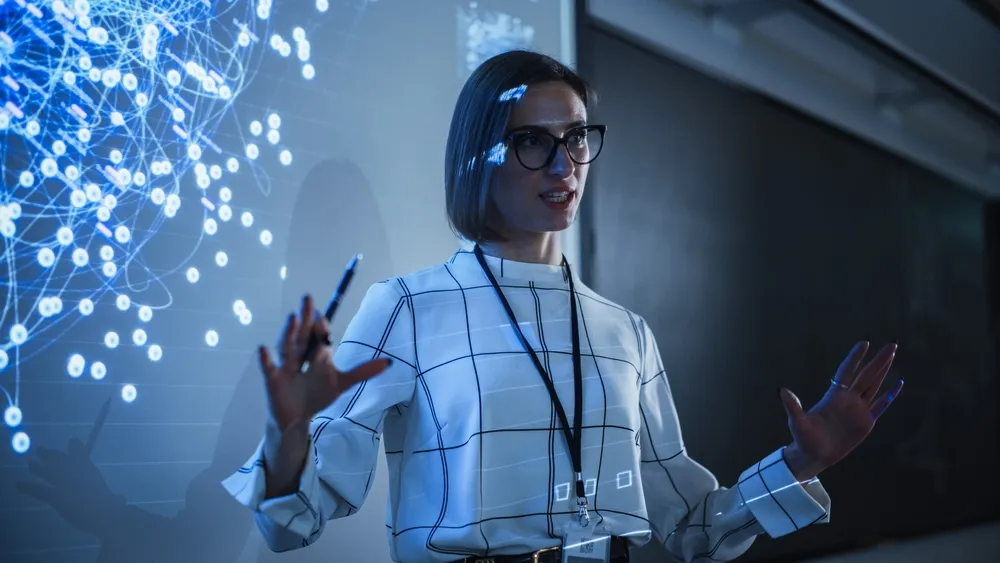AI to Assist Russian Ophthalmologists

A new algorithm developed by Russian scientists promises to detect eye diseases at earlier stages by decoding complex retinal signals with unprecedented accuracy.
Researchers at Ural Federal University have patented a breakthrough method for diagnosing retinal diseases using artificial intelligence. The system significantly improves the accuracy of analyzing complex medical data, offering doctors new tools for early detection of serious eye conditions, according to the outlet Nauchnaya Rossiya.
The algorithm processes electroretinography (ERG) scans, which measure the retina’s electrical response to light. While ERG is highly informative, interpreting its noisy signals has long posed a challenge for doctors, often blurring early signs of glaucoma, diabetic retinopathy, retinal dystrophies, and age-related macular degeneration.
“Our algorithm solves the core problem,” explained Mikhail Ronkin, associate professor at the university’s AI Research Center and co-author of the project. “It automatically cleans the signals, converts them into wavelet scalograms suitable for neural network analysis, and compares them against a vast knowledge base. The system can reliably identify dozens of markers tied to major retinal diseases.”
The team is now developing software compatible with existing diagnostic equipment both in Russia and abroad. Talks are underway to launch pilot programs in clinics. In parallel, researchers are collaborating with leading experts in Germany and Australia to help establish international standards for processing ERG data—underscoring the global relevance of the technology.


